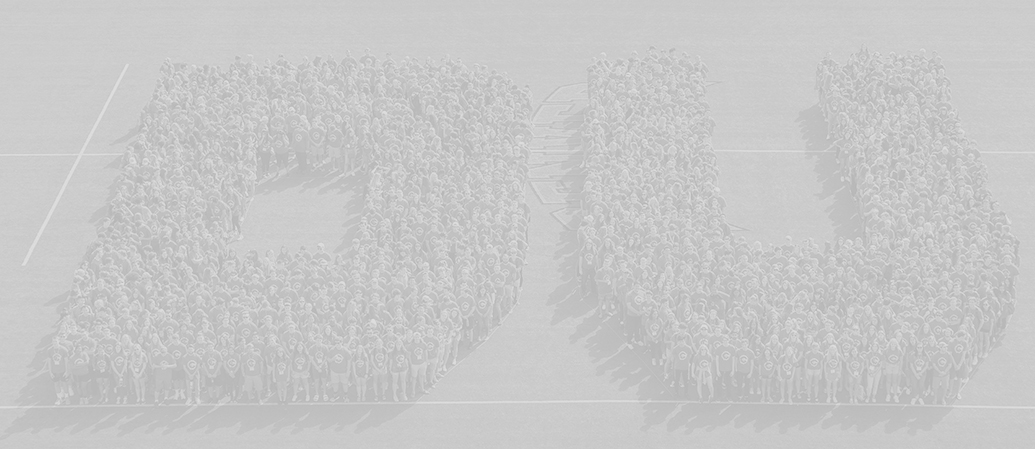The Student Advising Working (SAW) group was formed in 2017 as part of the Student Navigation cluster in the DU IMPACT 2025 strategic plan. The SAW includes both faculty and staff, and was tasked with engaging the campus community to explore strategies for advising undergraduate students. The primary goal of this group is to provide a framework to evolve the University’s current advising model into an integrative approach. The SAW has three expected outcomes:
- To develop an informed integrated advising framework that includes academic, personal and career advising, including planning internships
- To further develop collaboration and streamlined communication between these advising areas
- To pilot the proposed framework with a small number of academic units on campus.
Below you’ll find a Q&A with two of the group’s members—Tonnett Luedtke, executive director of Academic Resources and Keith Miller, director of the University Honors Program and associate professor of chemistry and biochemistry—with some of their thoughts on the group’s work so far.
Why was it important to pull this work into a working group of the DU IMPACT 2025 implementation process?
Keith Miller: The core of what we do, and what other institutions of higher education should do, is to support and prepare our students to be informed and engaged citizens that will lead fulfilling lives. One critical way we support our students is to advise them and provide perspectives to help them make informed decisions. We have known for quite some time that students seek out and receive advising for many different reasons from a variety of resources. The beauty and the challenge of DU IMPACT 2025 is that the campus community has the opportunity to contribute to the implementation process of the strategic plan in a number of ways. Great work is being done by DU community members to improve the student experience, both in and outside of the classroom. By putting a team together with members that are knowledgeable about current and proposed DU IMPACT 2025 efforts in academic and career preparation, we are able to leverage our perspectives and focus on evaluating and identifying integrated advising models that will support our students’ needs. I would say our work clearly aligns with Transformative Direction 1: Students Learning and Leading in a Diverse and Global 21st Century.
Tell us more about the beta version of One Stop DU. Why is this initiative exciting for students, faculty and staff alike?
Tonnett Luedtke: The goal of the One Stop DU is to connect students to the resources and support they need with as little hassle as possible. We aim to take the frustration out of navigating the DU website by providing quick access to the most frequently asked questions regarding advising, registration, billing, and campus engagement.
Keith Miller: One Stop DU is really the first step in pulling all the advising resources for students together in one place. I am excited because it provides a central point for everyone to go to if they have advising questions spanning a number of issues. It is frustrating when advising questions arise and answers are difficult to find. It is our hope that everyone involved in the advising process will benefit from this resource. By everyone, I mean students, staff, faculty and even parents can access much of the information. We are testing the “beta” version and welcome all feedback from the DU community.
Check out One Stop Du and give us your feedback here.
Why is this work important to you personally?
Tonnett Luedtke: As a first-generation college student, I know firsthand the power of good academic advising in student retention and persistence. When I was at my lowest, my relationship with my academic advisor gave me the encouragement and support I needed to turn around my GPA and finish strong. Despite being on academic warning my first semester, I still earned a Bachelor of Arts degree within four years and Cum Laude honors. I am a firm believer in the positive impact faculty and staff advisors can have on the student experience.
Keith Miller: Personally, I believe the mission of most higher education institutions can be simplified to two primary elements: preparing students to be successful, and creating new knowledge and creative work. As we provide students more opportunities and experiences to help them develop and succeed, decisions can get more complicated. Thus, we also need to provide them advice along the way to help them learn how to navigate not only our system, but also an increasing complex world. In short, I think student success should be core value of any educational institution, and that is why this work is important to me.


Recent Comments